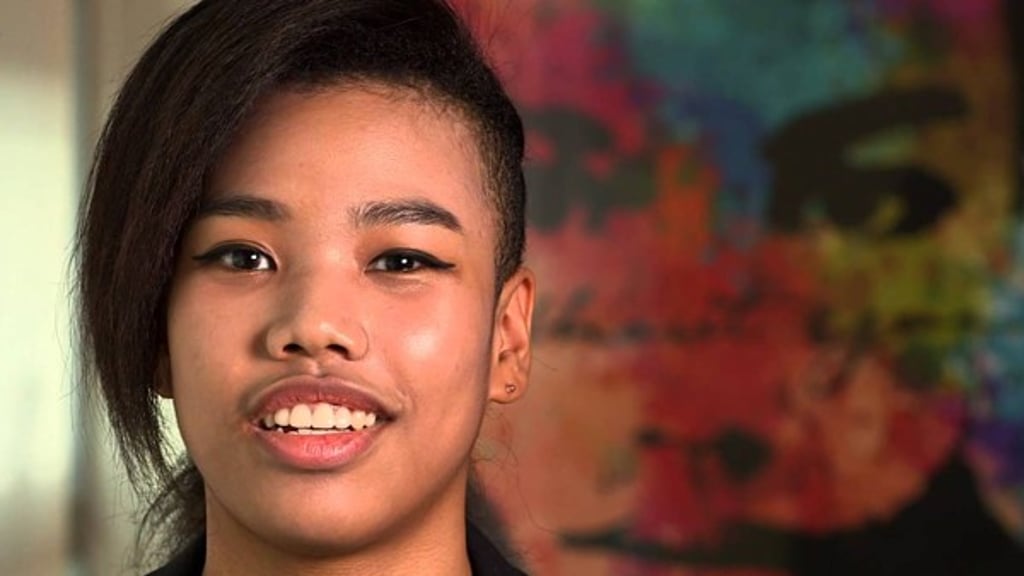Is it K-pop if Koreans aren’t singing it?
Some Koreans have zero tolerance for foreign singers in the musical genre; others say they’re OK

“Judging from the score and evaluations, as well as the crowd’s response,” wrote E. Kim at Soompi, a website covering K-pop culture, “it almost seemed like a no-brainer for Lee Michelle to advance to the next round.”
But the rankings above were based only on the judges’ scores, and when combined with viewer ratings, Lee was actually bottom-ranked from the start. Here, it’s worth mentioning that Lee is half black, and for many Koreans, she therefore didn’t deserve to win.

Similarly, when Heart2Heart frontman David Lehre, who is white and known as “Chad Future”, began a solo career, many objected to his ethnicity.
“I find it incredibly insulting for a white man – who again does not speak Korean, was not raised in Korea – to say he is promoting ‘diversity’ in K-pop,” wrote the author of a blog called Because “Oppar Didn’t Mean It”. “From a Korean person, to Korean pop music fans: Do not promote this degenerate scum.”